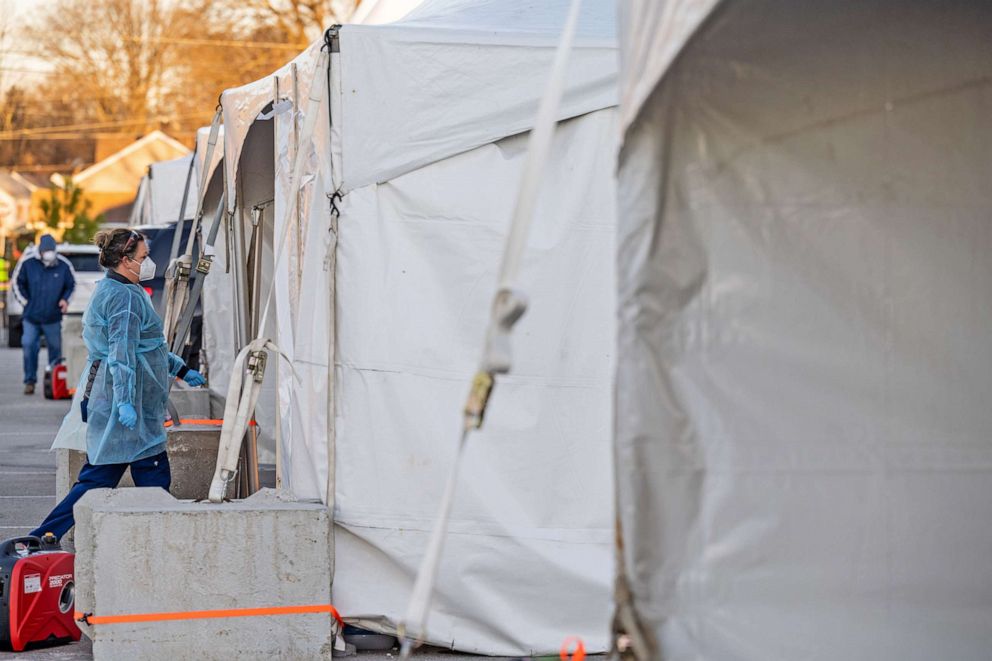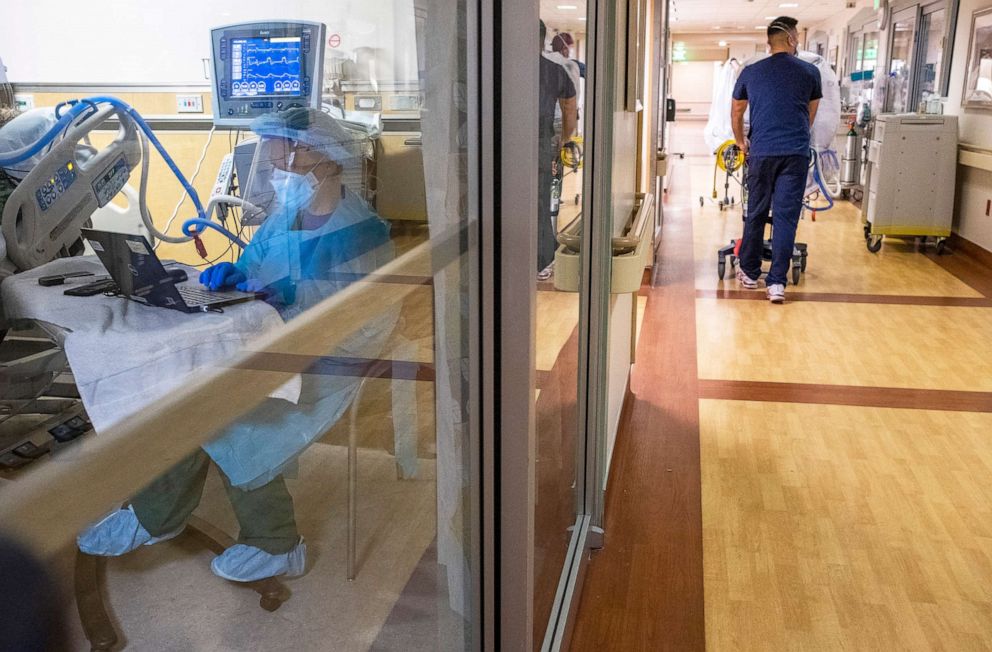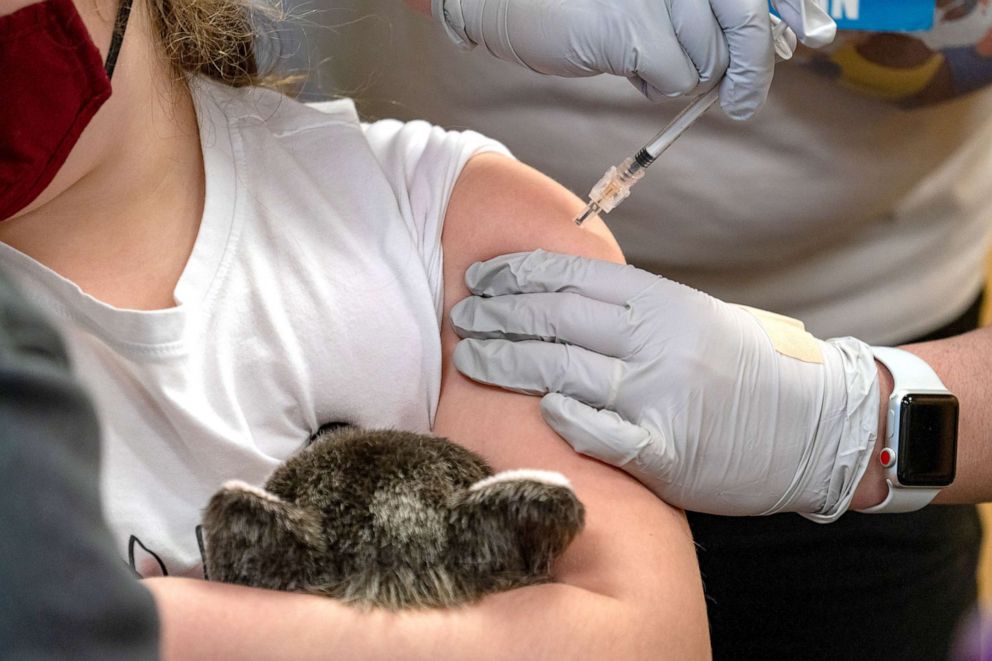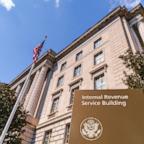Deaths increasing in 15 states
The U.S. daily case rate has dropped to 144,000 -- an 81% drop since the peak about one month ago, according to federal data.

But experts continue to caution that the pandemic is not over, with the country reporting millions of new cases every week and 97% of counties still reporting high transmission. Experts also point out that many Americans are taking at-home tests and not submitting their results, so case totals may be higher than reported.
Deaths -- a lagging indicator -- remain high.
The U.S. is reporting an average of 2,200 lives lost to COVID-19 each day.
Fifteen states are reporting at least a 10% increase in daily death rates over the last week: Alaska, Alabama, Arizona, California, Delaware, Georgia, Kentucky, North Carolina, New Mexico, Oklahoma, South Dakota, Texas, Utah, Vermont and West Virginia.

-ABC News' Arielle Mitropoulos






